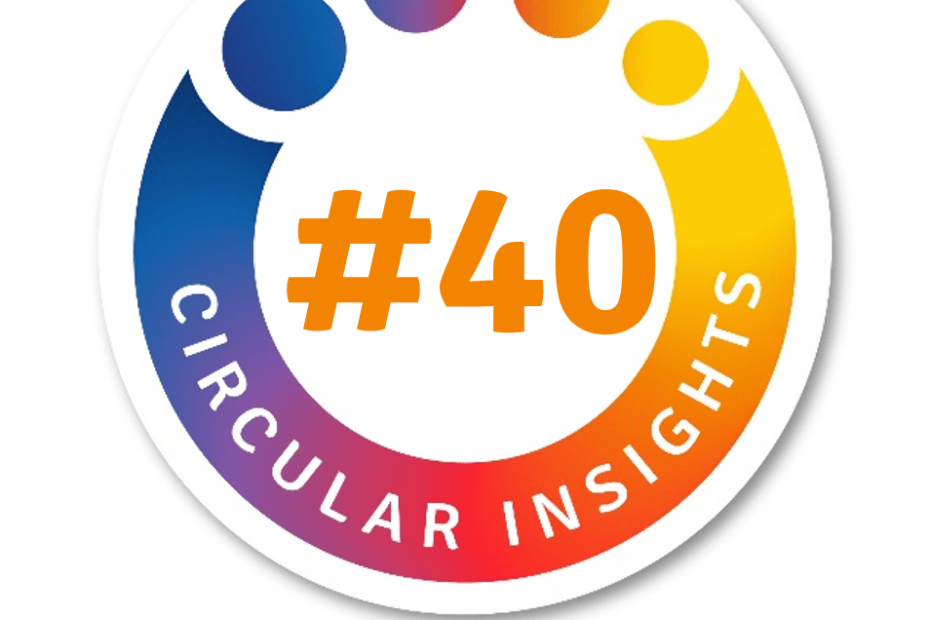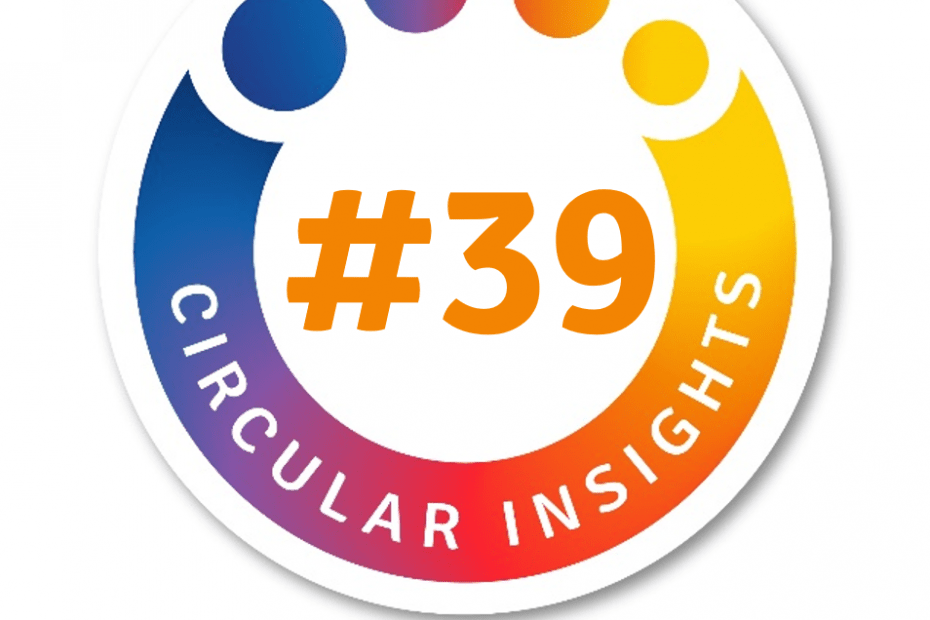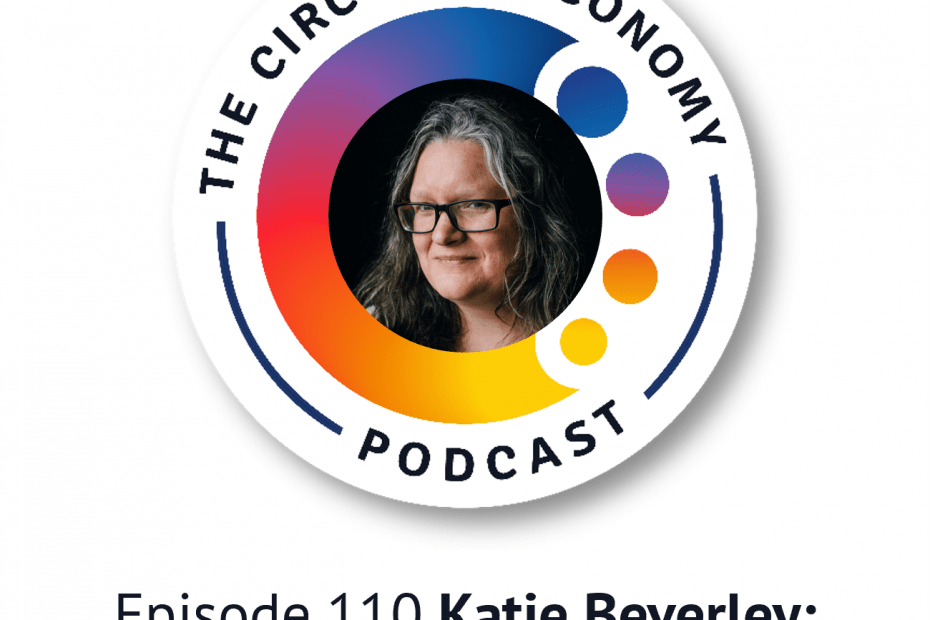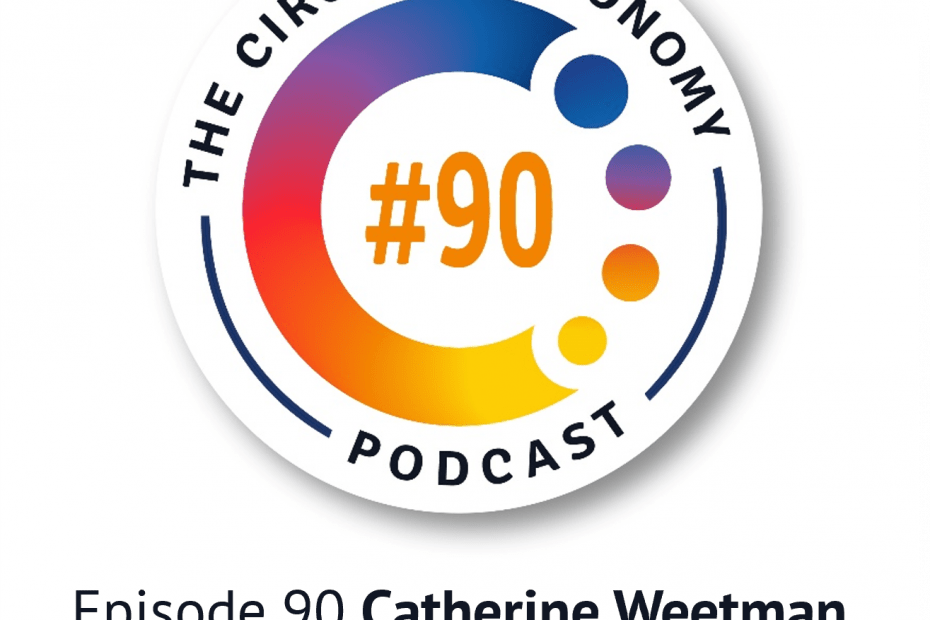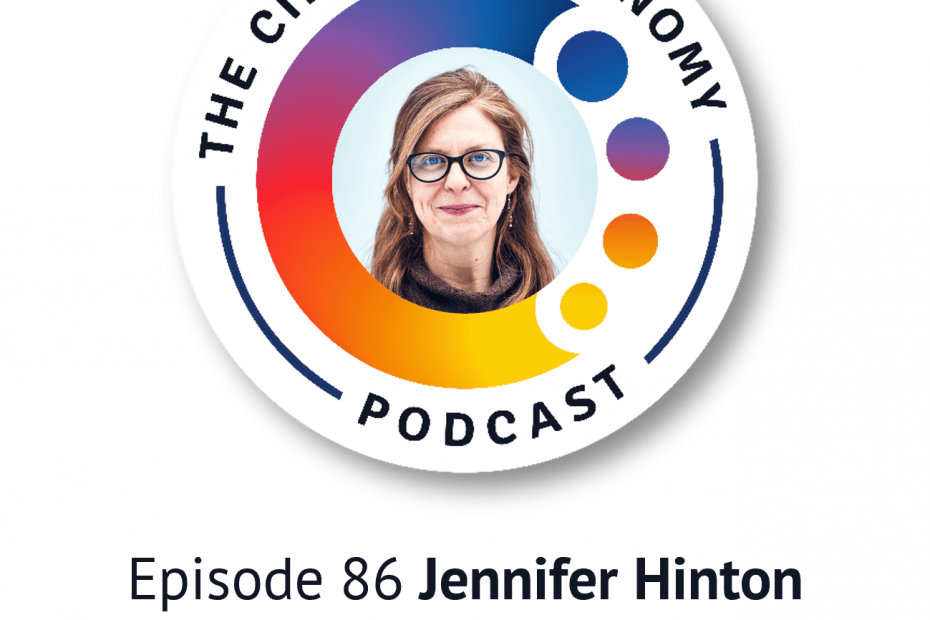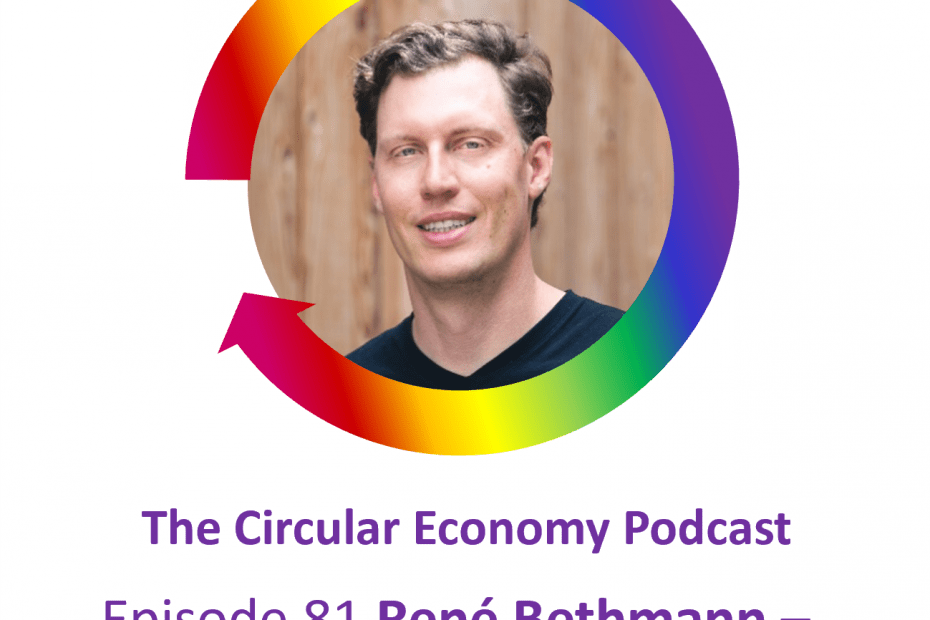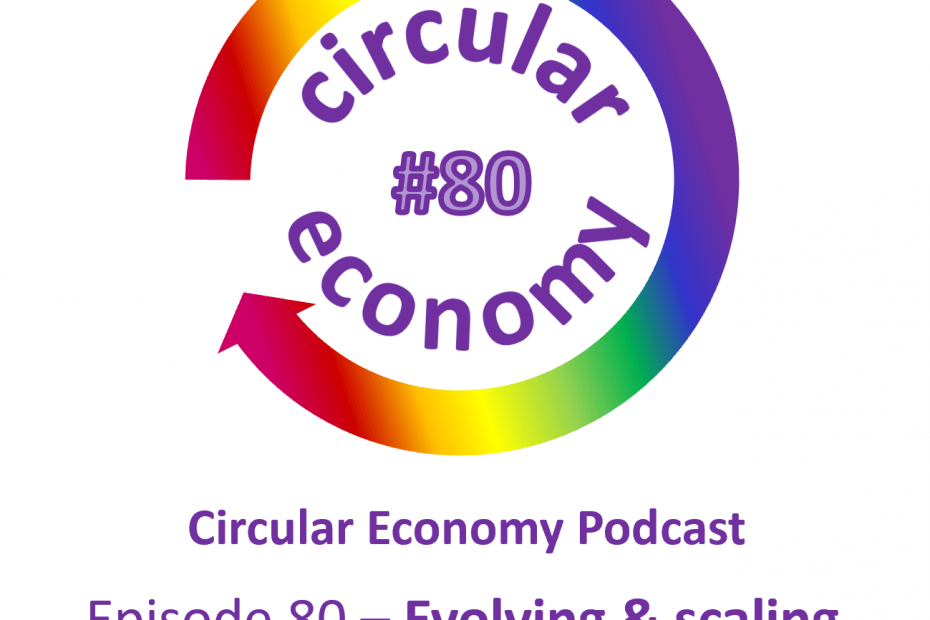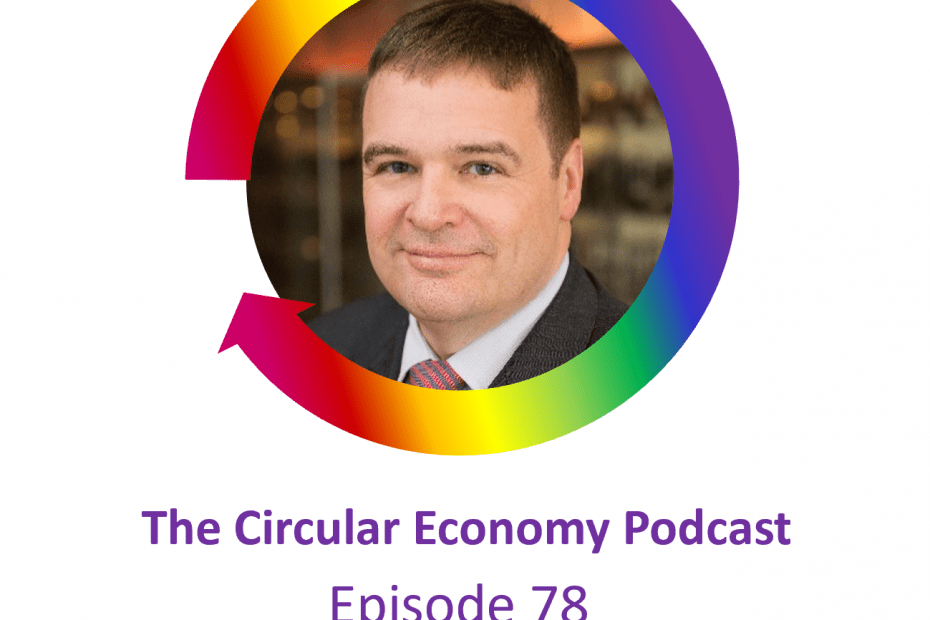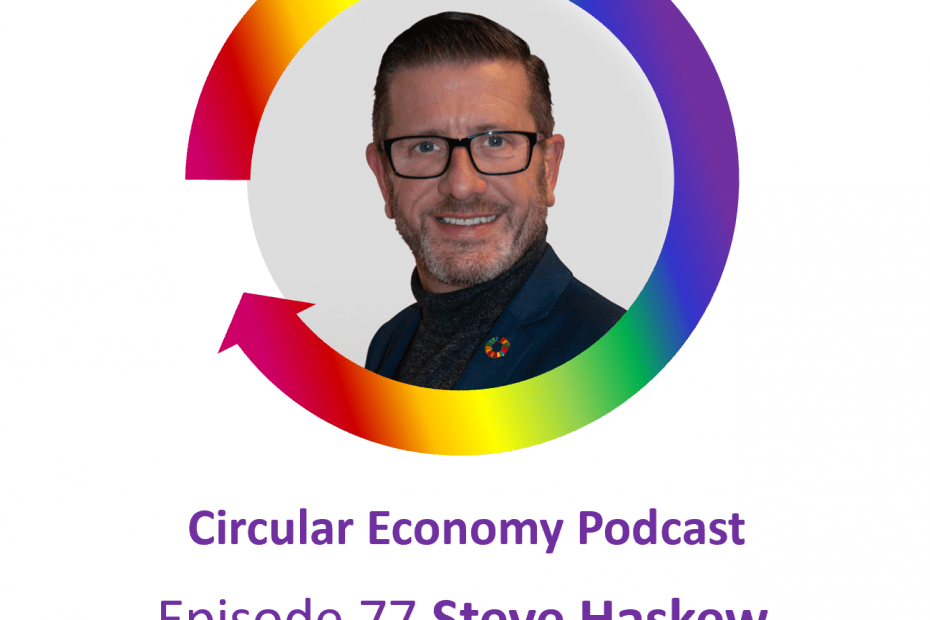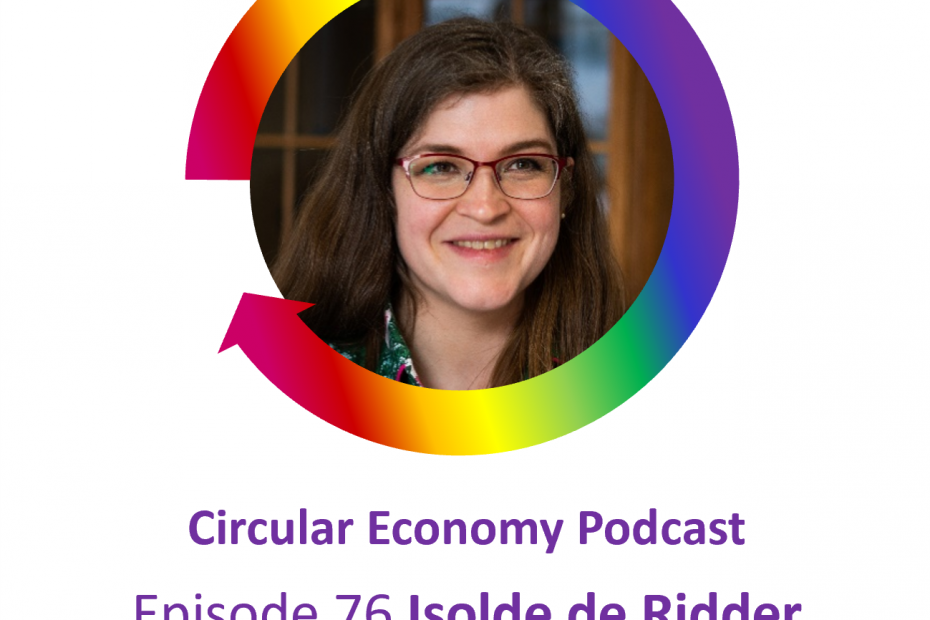Isolde de Ridder is a circular jeweller and goldsmith. She founded her business – Isolde de Ridder Sieraden, in 2017, to create high-end jewellery with the greatest care for both people and planet. Isolde gives discarded metals and other materials a second life, contributing to a better world for future generations.
Isolde began her education to become a goldsmith in 2006, to combine her passion for gemstones, creativity and working with her hands. She’s inspired by Nature, gemstones, ancient civilizations and also more recent art movements.
We talk about why reusing discarded precious metals is more complicated than it sounds, and how Isolde is encouraging people to bring old jewellery back to life, using her storytelling and design skills to help people repurpose jewellery and other materials into things they will treasure, and that remind them of their loved ones.
Isolde tells us about her early interests, and how they led her to start this business, how she became disillusioned with the ethics of Fair Mined and Fairtrade Gold, and how that sparked the ideas for becoming a circular economy jeweller.
Isolde describes some of the kinds of jewellery she designs, and how she uses old objects to embed precious memories into the finished product.
